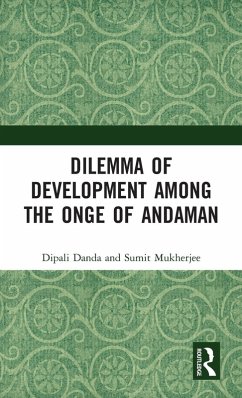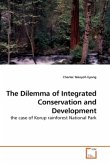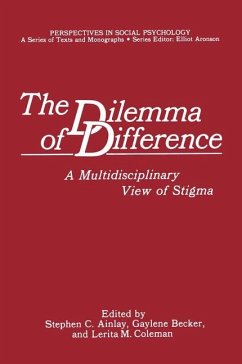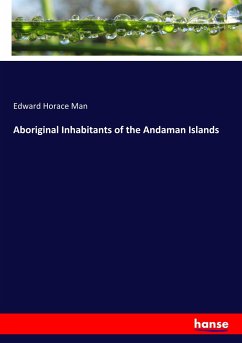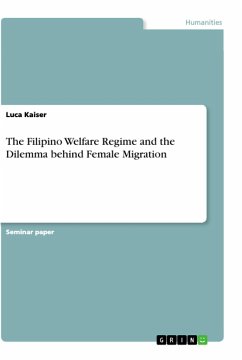The Onge of Little Andaman, one of the surviving important Negrito communities in the world, have a very small static population since last four decades. There have been several critical issues pertaining to adopting the induced changes in their habitat and economy. The volume presents detailed documentation and in-depth analysis of the situation and concerns related to their survival. The volume is the outcome of a prolonged field investigation and research presented in the form of analytical and development ethnography with ecological, socio-cultural, economic and political perspectives of a dwindling community listed under Particularly Vulnerable Tribal Group of India. The Onge have been rather vulnerable toward any option for radical change, they deserve close, careful attention to ward off any untoward impact of change-initiatives. The authors, a team composed of an Anthropologist and a Human Ecologist, have tried to throw light on the degree of agreements between the induced change programmes and the peoples' age-old survival strategy. The depth of the authors' intimate interaction with the people, their ecology, cultural niche, psychology, economy, and in a way the livelihood as such, presents a flavour hitherto unknown. The volume is remarkably enriched with good number of rare photographs along with important maps, charts and illustrations. This work is an invaluable record for reviewing and revising process and outcome of the long continued welfare programme before further such application on the remaining groups in the archipelago. The local and global level researchers, teachers and planners, interested in foraging tribal population and issues related to their welfare, development, etc., will certainly find this volume extremely useful. Please note: Taylor & Francis does not sell or distribute the Hardback in India, Pakistan, Nepal, Bhutan, Bangladesh and Sri Lanka.
Hinweis: Dieser Artikel kann nur an eine deutsche Lieferadresse ausgeliefert werden.
Hinweis: Dieser Artikel kann nur an eine deutsche Lieferadresse ausgeliefert werden.

